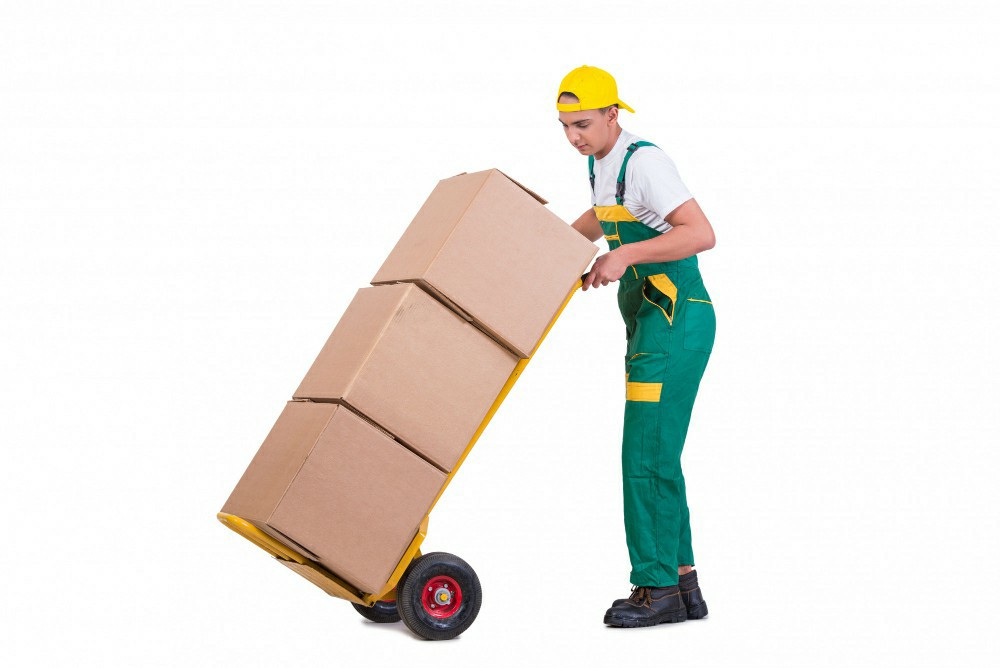


 349,500 Offered Certificates
349,500 Offered Certificates
 24/7 Online Training
24/7 Online Training
 Money Back Guarantee
Money Back Guarantee
 Fully Accredited Courses
Fully Accredited Courses

Created at: 28-12-2024 21:51
In today's workplace, ensuring safety during manual handling is crucial. Manual handling involves lifting, carrying, pushing or pulling items, and improper techniques can lead to serious injuries. A manual handling certification course offers essential training that not only protects employees but also enhances productivity and compliance with health and safety regulations.
Manual handling injuries account for a significant percentage of workplace accidents in Ireland. According to health and safety guidelines, workforce training is mandatory to reduce these incidents. Completing a manual handling certification equips workers with the knowledge to perform tasks safely and efficiently.
A typical manual handling certification online course covers several critical topics:
With the rise of remote learning, the online manual handling certification course has become increasingly popular. Here are some benefits of choosing online training:
Upon successful completion of the manual handling certification courses, participants receive a recognized certification. This certification is essential for anyone engaged in manual handling tasks, providing proof of training and knowledge. The process typically involves:
Understanding practical applications of manual handling techniques is vital. During training, participants will practice:
Additionally, adopting a culture of safety is essential. Encourage open communication about handling tasks and regular refresher courses to keep safety top of mind.
Investing in a certified manual handling course not only enhances your skills but also promotes a safer workplace for everyone. With affordable options available for both online and in-person certification, there has never been a better time to commit to safety. If you are located in Dublin, Cork or Galway, or anywhere else in Ireland, visit Ireland Safety Training or contact us at [email protected] to explore our manual handling training certification options.